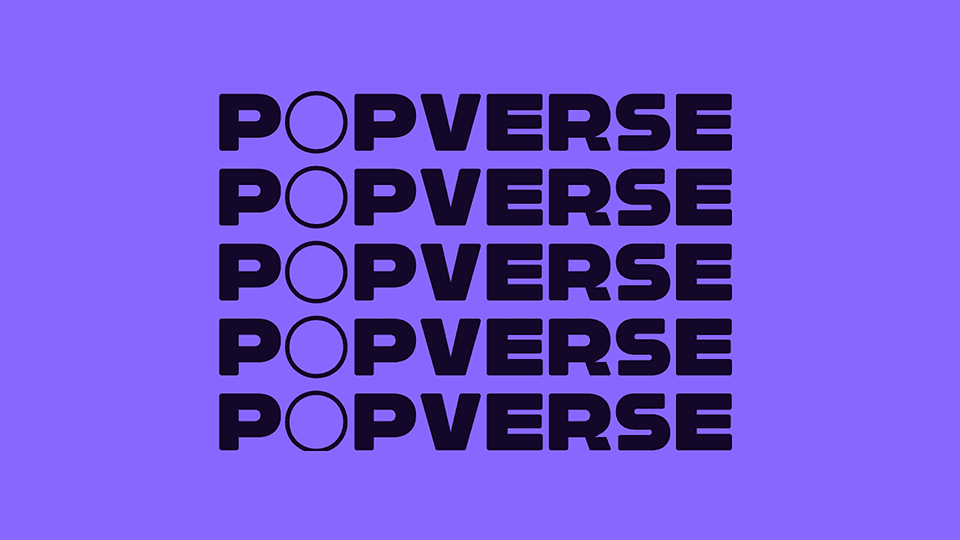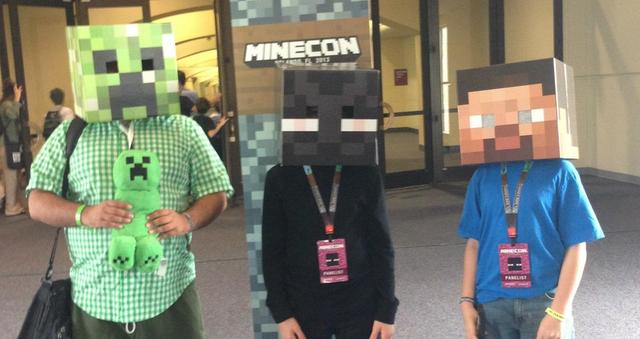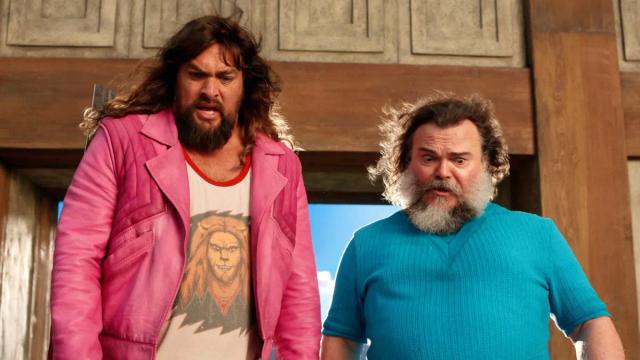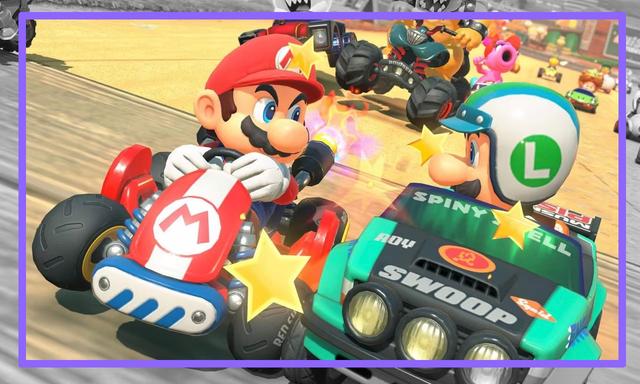If you click on a link and make a purchase we may receive a small commission. Read our editorial policy.
It’s time to have an honest talk about the comic book industry
The commodification of love

The comic book industry is the launchpad for one of the most unique and innovative storytelling mediums ever created. Powered by imaginative creators highly skilled in the written and visual arts. Forged by businesspersons who recognize the power of ideas to make an iconic impression on a global scale. Propelled by readers and fans who support the industry and the people who make the stories. The comic book industry is the source of multimedia interpretations of mythic and personal stories that inspire people, entertain the world, and ignite lifelong careers.
It is the adventure of a lifetime.
The comic book industry is a ruthless Darwinian landscape of cronyism, narcissism, and power moves. Its main fodder is the creators who are the engines of its continued existence. Full of flair and pomp, colors and characters both fictional and real-life. A road to hell paved with landmines, bear traps, and the opportunity to work on high-profile, profitable media while living on the precipice of poverty. The industry is fueled by organizations with finite funds and infinite hubris.
The comics industry is the illusory world of grenades disguised as dreams.

Both of these perspectives can be seen as true, but it’s perilous to say that in public. When the industry is deeply interwoven into your life both emotionally and financially, the wrong move can cut off the air supply of future opportunities. So people have to live with the paradox, picking which perspective they embrace based on the circumstances of the time.
Unfortunately, the industry has become a daisy chain of terrible circumstances.
- Creators including Len Kaminski, Peter David, and William Messner-Loebs are dealing with health and hospitalization issues. Family members started crowdfunding campaigns, making it necessary for the village of friends, fans, and supporters to save the day.
- Artist Ian McGinty died at a young age, sparking a collective condemnation of the industry through the vehicle of the #ComicsBrokeMe hashtag and the stories of creators who have been exhausted, exploited, underpaid, and overworked. Mr. McGinty reportedly experienced all of those states of being before his passing.
- Resurfaced proposed creator wages from the 20th century reveal the present-day page rates to be within the same range, during a time of high inflation and mass layoffs at the parent companies of some of The Big Five comic book publishers.
- Other comic book publishers have filed for bankruptcy or gone on publishing hiatus, owing dozens of creators monies ranging from the hundreds to the thousands to the tens of thousands of dollars.
Those are facts, and yet, the comic book industry continues to be populated by more creators than it can supposedly afford to pay a living wage, more publishers than the retailers can give equal attention to, and more comic book titles than the industry can apparently support.
Someone with an outside perspective could wonder how the industry continues. How long it has before it reaches a critical mass of its inadequacies. How it prevents a mass exodus of unsatisfied creators from occurring.
The commodification of love
Love of comics.
Whether discovered as a child, teenager, or adult, we found the comic book at an important juncture in our lives, and it both embraced and ensnared us.
We found others who liked the same comics we did, felt the same things we did from the stories, and from that discovery came the kinship of community. A community in which we hoped to find safety, and maybe, just maybe a common crusade.
Comics became the vehicle through which we would challenge the world to be better, just as those who came before us did.
The journey began, and all the highs and lows, twists and turns, victories and blows to the chest led us all to here, a present day in which the comic book industry has proven to be no different than any other sector of business.
Disillusionment became a shared experience, the kind of gut punch we talk about at conventions and after-parties, on phone calls and video meetings and social media.
With all the private and public anecdotes, revelations and demands, a question manages to elude the collective conversation.
Why do we stay in comics?

We all have our reasons, and no matter how many we list, how many variations on a theme we come up with, it all goes back to that love of comics at the core of us.
One which shackles us to the superstructure of the business. A superstructure that counts on our love of comics to prevent us from reaching a point of lucidity that compels us to take flight and achieve escape velocity, no longer gripped by its tendrils or bound by its gravitational pull.
We know it’s possible. Most of us probably have friends whom we have seen do it. Leave the business for new careers in which they have a living wage. In some cases, creative careers.
WHY do we stay in comics?
More and more creators have revealed their secret sauce formula. A loving and supportive spouse with a 9-to-5 job that provides medical, dental, and vision coverage for them and their partners.
That doesn’t change the problems within the industry, doesn’t prevent people from dancing between the raindrops as they make comics while being frustrated at The State Of Things.
There is no feasible retirement plan for creators. No financial education infrastructure to help creators manage their money. No likelihood of creators forming a union with bargaining power that can withstand the realities of globalization. As long as people from all sides of the world have dreams of getting to draw this character or that character, there will be people who will cross 'the picket line' because dreams are powerful.
The odds are not in our favor.
So WHY DO WE STAY IN COMICS?

Maybe because before comics broke us, it saved us.
Maybe it saves us again and again, when the rest of the world is going to hell.
Maybe we’re just stubbornly idealistic enough to believe that with practically every other institution in the fabric of our lives engaging in capitalism on cocaine, marginalization through microagressions, lighting a match to our liberties, banning our biographies, fomenting our fears, and forcing us to live in a daily state of emotional and professional fight or flight situations…
…we consider comics to be the last refuge career.
A refuge that we will use our love and tenacity to force into being better.
There’s not enough money in comics that the industry should be ruthless, heartless, and devoid of a baseline of ethics.
The real, tangible chance of getting A Big Hollywood Deal off one’s ideas is becoming more and more remote, and the chance of that deal manifesting a real multimedia product that reaches the people is even more astronomical.
So the real issue is not the question of why we stay in comics, because as much as we talk about the industry’s shortcomings, we know why we’re here.
The issue is How We Stay In Comics

A mentor of mine once wrote the line “Escape is impossible until one perceives all of the barriers.”, and that will remain true until the end of time.
But since we’ve agreed we’re not trying to escape, we have to reframe the message. Prosperity is possible when one recognizes all of the traps.

So we’re going to shine a spotlight behind the scenes and take a scalpel to the business.
How decisions are made. Who makes them. How characters are affected. Why some companies are innovative and thriving while others are stagnant and regressing into irrelevance. The influence of Narcissistic personalities on popular brands and IP. The David and Goliath equation of titanic, corporate-owned publishers and independent, little-engine-that-could entities. Publishers taking from Peter to pay Paul, leaving creators looking for change under their couch mattresses.
Sometimes, we’ll use real names. Other times, we’ll use codenames.
Either way, we’re going to do a hard focus, past the smoke and mirrors, the lies and empty promises, the bad actors and the bad deals.
We’ll get to the other side with a better sense of the landscape…
…and keep making amazing comics all the while.
Comics broke us.
It also made us stronger.
Let’s save it.
Let’s save ourselves.
Over the next few months, Joseph Illidge will be writing a regular series of essays about comics- the medium, the message, the industry, and the community - from his vantage point as a comics writer, comics editor, Comic Book Legal Defense Fund board member, and owner of a movie production company.This is Joe Illidge's Adventures in the Champagne Room.
Follow Popverse for upcoming event coverage and news
Find out how we conduct our review by reading our review policy
Let Popverse be your tour guide through the wilderness of pop culture
Sign in and let us help you find your new favorite thing.















Comments
Want to join the discussion? Please activate your account first.
Visit Reedpop ID if you need to resend the confirmation email.